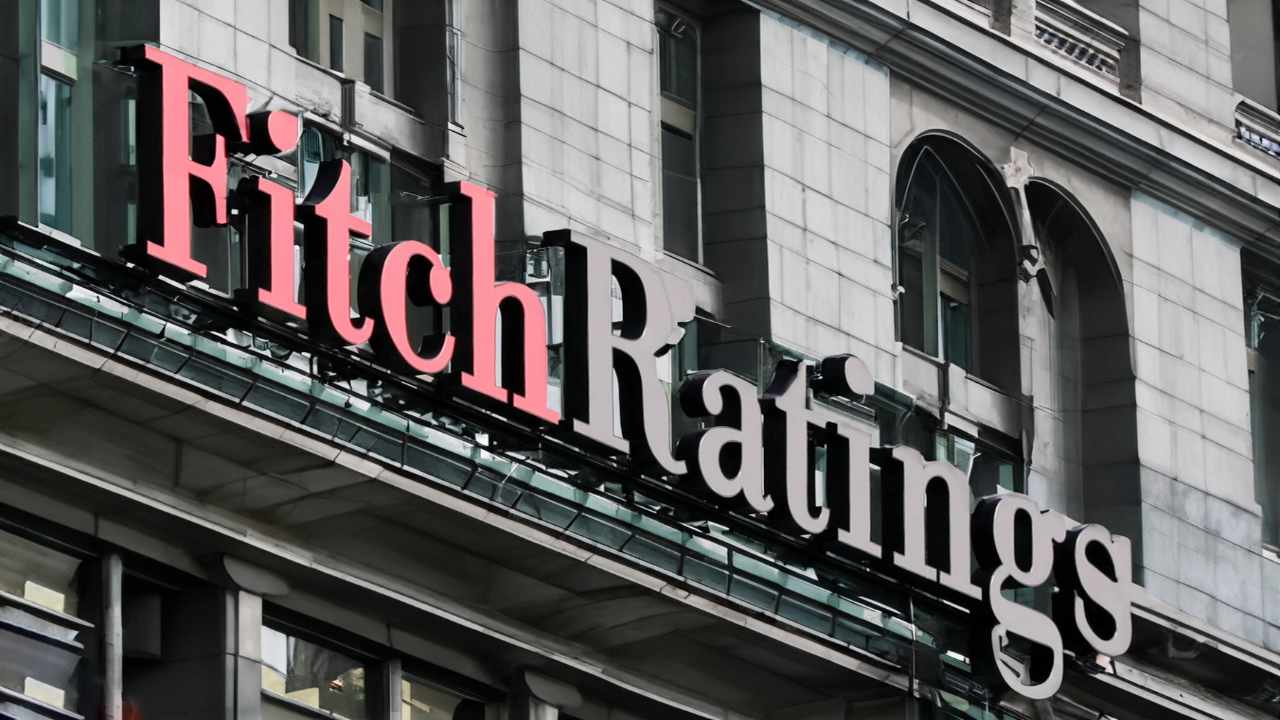ASTANA – Fitch Ratings has affirmed Kazakhstan’s Long-Term Foreign-Currency Issuer Default Rating (IDR) at BBB with a Stable Outlook. According to the rating action commentary published on Nov.15. The rating represents the country’s balanced credit profile bolstered by significant external buffers and sovereign net foreign assets, aligning with global investment standards.

Fitch Ratings affirms Kazakhstan’s Long-Term Foreign-Currency Issuer Default Rating (IDR) at BBB with a Stable Outlook. Photo credit: The Business Guardian
Resilient external finances bolster stability
Kazakhstan’s large external reserves are central to maintaining its financial resilience. Assets in the National Fund of the Republic of Kazakhstan (NFRK) increased to $60.7 billion in October, compared to $60 billion last year. At the same time, official foreign exchange reserves reached $45.9 billion. These reserves, combined, represent 38% of the country’s GDP, among the strongest in its peer group.
The current account deficit (CAD) is expected to decline from 3.4% of GDP in 2023 to 0.5% in 2024, caused by lower imports and higher gold prices. However, Fitch projects the deficit to widen again to 2.9% by 2026 with import recovery and lower oil prices. Oil production is expected to decrease temporarily in 2024 due to maintenance shutdowns. Still, according to Fitch, it should rise to 99 million tons by 2026 with the completion of the Tengiz oil field expansion.
Despite this, Kazakhstan’s external reserves, which include non-equity NFRK holdings, are expected to remain strong, covering more than nine months of external payments through 2026 and significantly exceeding the BBB median of 5.5 months.
Fiscal challenges amid strong oil dependence
While Kazakhstan benefits from substantial oil revenue, its reliance on the sector leaves it vulnerable to price fluctuations, as crude oil accounts for more than half of its exports. Nearly 80% of the country’s crude oil is exported through Russia via the Caspian Pipeline Consortium (CPC). The disruptions to CPC operations in 2022, triggered by the war in Ukraine, strained Kazakhstan’s relations with Russia back then. However, these relations have since improved, reducing some geopolitical risks. Fitch views Kazakhstan at a relatively low risk of broad-based secondary Western sanctions given its banking sector compliance and decline in re-exports to Russia this year.
Kazakhstan’s fiscal stance is forecasted to give up some positions, with the government deficit expected to rise to 2.9% of GDP in 2024 and 3% in 2025, due to underperforming revenues, increased capital expenditures and significant budget transfers from the NFRK. Fitch highlights concerns about the country’s fiscal framework, particularly the lack of limits on discretionary transfers, which reduces the effectiveness of fiscal rules.
Public debt remains low by international standards, projected to rise to 24.2% of GDP in 2024 and 28% in 2026, still well below the BBB median of 55.8%. The government returned to the international debt markets for the first time since 2019, issuing a 10-year $1.5 billion Eurobond, demonstrating investor confidence, and plans to source most of future borrowing from the domestic market.
Economic growth and inflation outlook
Fitch forecasts Kazakhstan’s economy to grow steadily, with GDP projected to rise from 3.9% in 2024 to 4.9% in 2026 due to the increased oil production, investments and higher household incomes. However, diversification efforts remain limited, with transportation and renewable energy sectors showing potential but insufficient to reduce reliance on oil.
Inflation, which has been close to 8.5% since mid-2024, poses a persistent challenge. Fitch expects it to moderate to 6.8% by 2026, which is still above the National Bank of Kazakhstan’s (NBK) target of 5% and the BBB median of 2.8%. Monetary policy transmission is improving, though state-subsidized lending and regulated prices continue to impair its effectiveness.
Governance and structural reform needs
Kazakhstan’s governance indicators remain a crucial constraint on its rating. Fitch assigns the country a medium ranking in the World Bank’s Governance Indicators, reflecting moderate institutional capacity, rule of law and corruption levels. Fitch highlights reforms to enhance policy predictability, transparency and economic diversification as potential drivers for future upgrades.
Fitch Ratings provides forward-looking opinions on the ability of entities or obligations to meet financial commitments. IDRs are assigned to various entities, including corporations, sovereign nations, banks, insurers and local governments. They help investors and stakeholders assess credit risk and repayment likelihood under multiple terms of issuance.
Fitch’s credit ratings use a scale from AAA to D, with investment-grade ratings from AAA to BBB signaling low to moderate credit risk and speculative grades from BB to D indicating higher risk or potential default. While these ratings often measure default probability, they do not address market risks such as interest rate fluctuations or liquidity issues.
